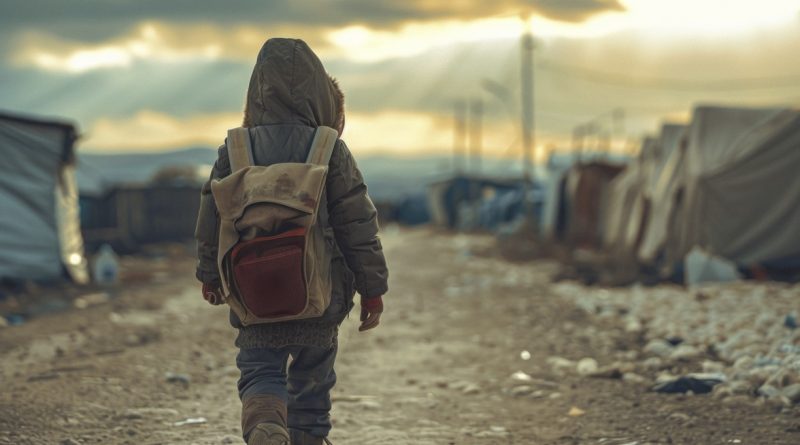Asylum Basics
An asylum seeker is a person who has left their country and is seeking protection from persecution and serious human rights violations in another country, but who hasn’t yet been legally recognized as a refugee and is waiting to receive a decision on their asylum claim. Seeking asylum is a human right. This means everyone should be allowed to enter another country to seek asylum. —Amnesty International
Who can apply for asylum?
To learn more about applying for asylum, watch our introductory video Asylum in Cyprus – An Overview.
Where do you apply for asylum in Cyprus?
If you have entered the Republic of Cyprus via a legal point of entry (Larnaca or Paphos airport or Limassol port), you can claim asylum at the nearest Immigration Office.
If you have entered the Republic of Cyprus in other ways, you will need to report to Pournara Reception Centre in the village of Kokkinotrimithia, 15km outside of Nicosia (bus 10 from Makarios Stadium station). The duration of your stay in the camp is usually not longer than 3 weeks but it also depends on how soon you will find a place to stay. Once you present an address outside the camp, you will be given an opportunity to leave the camp and live in the community. Note: The authorities have a right to move you to Kofinou Reception Centre rather than release you into the community.
In either case, you will be given an application to complete in your language. Your photo and fingerprints will be taken. Your passport will be held by the authorities; you will be furnished with a Confirmation Letter and Alien Registration Certificate (ARC) instead.
- Examples: Confirmation Letter | Alien Registration Certificate | Alien Book
What happens after you apply for asylum?
Once you apply for asylum, the authorities will start examining your claim. You will be called for an interview, ideally within 6 months but more often you will wait longer. The interview should take place however within 21 months of your application. The interview is about the reasons why you cannot go back to your country. You need to think about it and prepare any evidence you might have but you have not submitted. You may find some guidelines and videos online explaining what kind of questions to expect at the interview and how to answer them. Be prepared that the interview may take many hours so have water and a sandwich with you.
You should visit Asylum Service office from time to time to check on your file.
Your Rights as an Asylum Seeker
- Residence for the duration of examination of your asylum claim
- Permission to work after 9 months from the date of your asylum application (date of your Confirmation Letter)
- Material Reception Conditions from the Social Welfare office, while you are not in employment and you have no means to live
- Free medical care
For more information, see our posts listed below.
Image by Freepik

